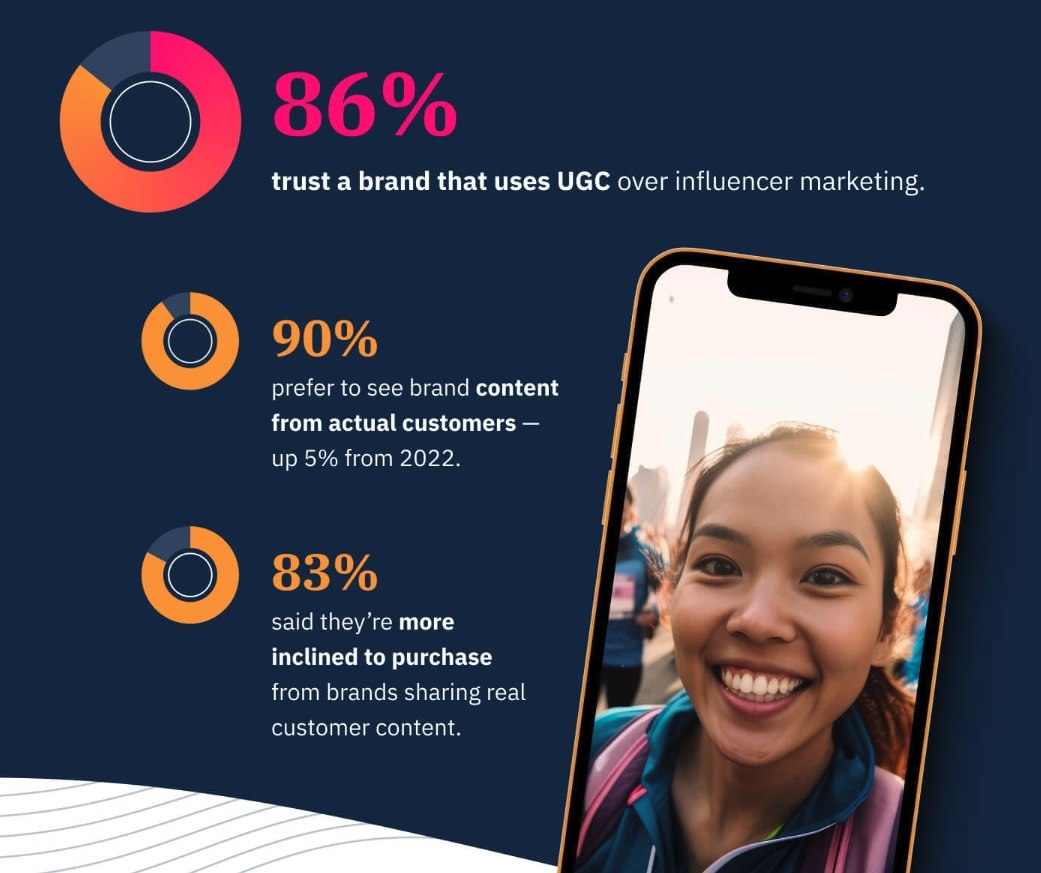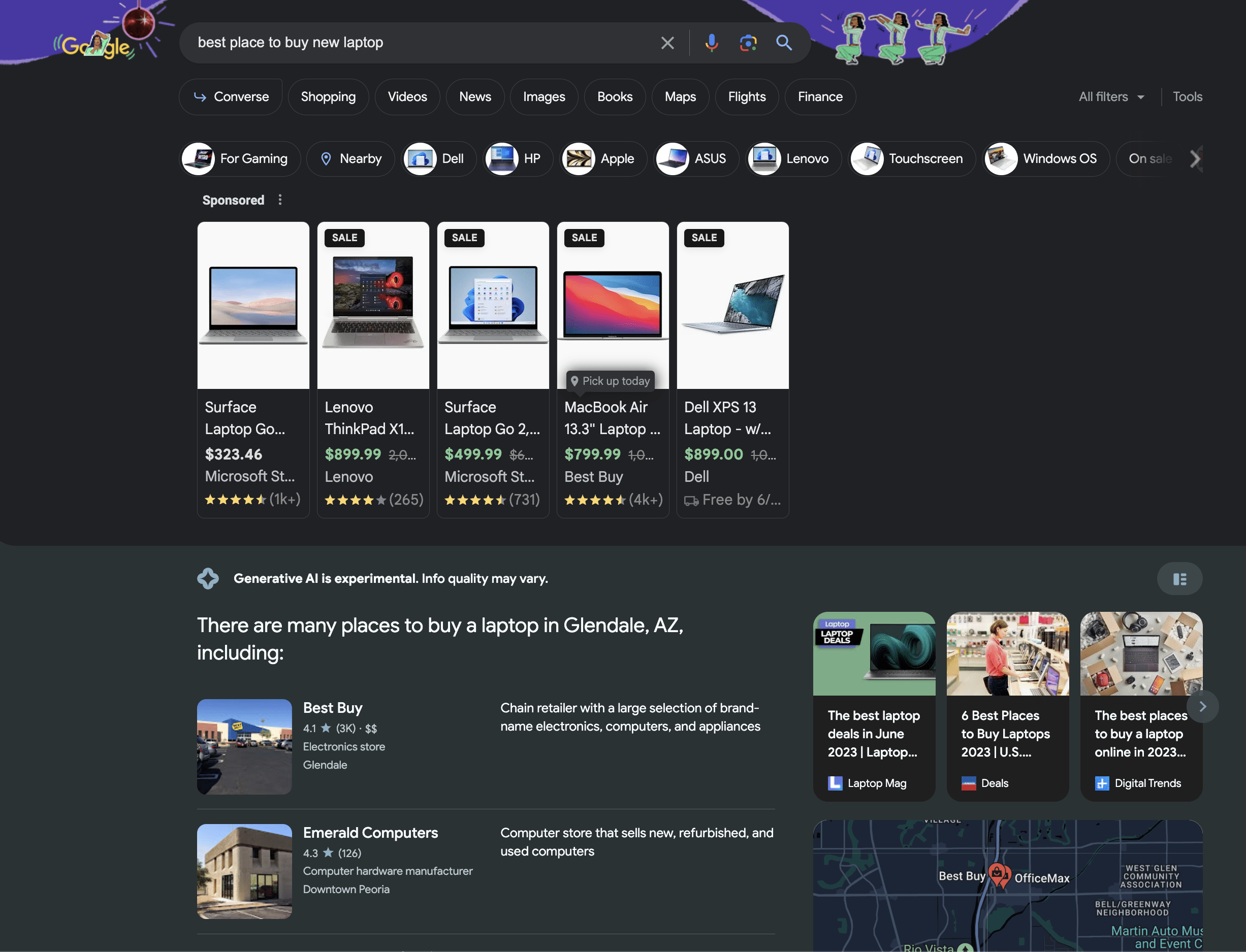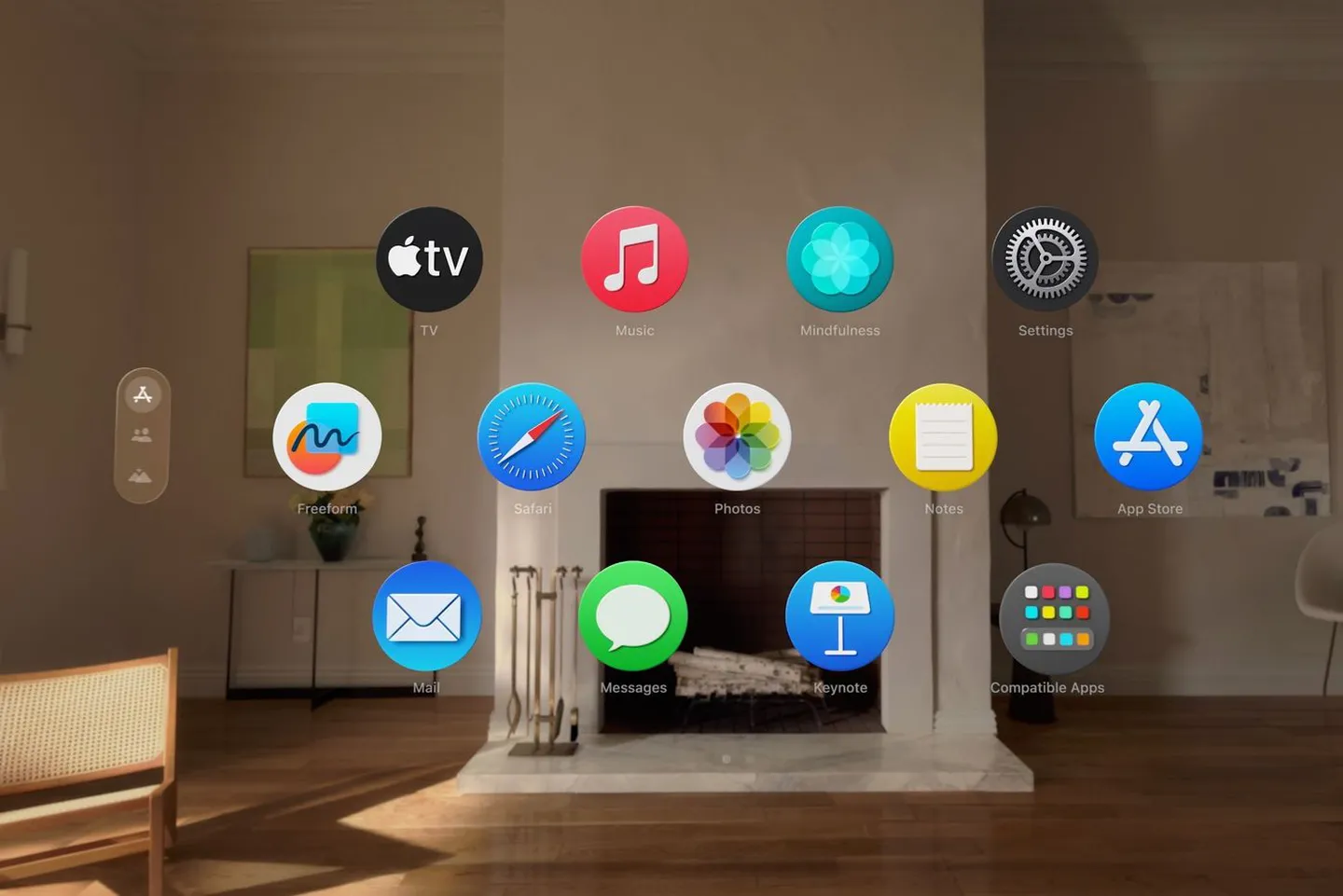What Are AI Agents? And Why Are They Critical to Local Marketing Success?
Local Memo: Consumers Trust UGC More Than Influencers
Local Memo: Consumers Trust UGC More Than Influencers
In this week’s update, learn about a study showing consumers trust UGC more than influencers; Google’s updates to SGE; a possible cleanup of fake LSA reviews; Google’s new review recovery form for GBP; ten strategies to improve social media effectiveness; and Apple’s first foray into virtual reality.
Consumers Trust UGC More Than Influencers
A survey of 1,000 U.S. consumers conducted by EnTribe finds evidence that the power of influencer marketing may be on the wane, with 81% of respondents saying that influencers have no impact on the way they perceive a brand, even though 86% see influencer posts on a regular basis in their social feeds. Only 12% of respondents say they’ve purchased a product based on the recommendation of an influencer, whereas 62% say they haven’t. Consumers expressed a strong preference for user-generated content from peers over influencer content, with 86% saying they would place more trust in a brand if it included UGC in its marketing. Some 83% of respondents said they would be likely to make a purchase from a brand based on recommendations from other users.

Courtesy EnTribe
Google Updates SGE, Invites More Users
Google has posted a new YouTube video promoting its Search Generative Experience and encouraging more users to sign up for SGE through Google Labs. In addition, the company has announced several updates, including a speed boost that is supposed to reduce by half the time it takes for SGE to generate a response. Though Google did not specify what the other updates entailed, Kristi Hines of Search Engine Journal has observed that SGE seems to be citing sources for its responses more comprehensively, though not without missing or misattributing sources in some cases. She observes that SGE responses now sometimes appear below sponsored content such as search ads and Google Shopping results. In addition, brand websites and social media content seem to be appearing more frequently than before.

Courtesy Search Engine Journal
Has Google Cleaned Up Fake LSA Reviews?
Google appears to have cleaned up a large number of fake reviews posted to Local Service Ads listings, according to reports from Mike Blumenthal and Jason Brown. Fake reviews have been known to be a rampant problem in Local Service Ads for some time. According to Brown, companies that were known to have been purchasing fake reviews have had all of their LSA reviews removed. Google has apparently also stated that as of today, June 12, the company would stop displaying LSA listings entirely that are in violation of its terms of service.
Google Now Offers Review Recovery Form
Google has made a new form available that allows users to petition the company directly to have reviews restored. The form is for listing owners and managers who feel their reviews were removed erroneously as part of Google’s effort to clean up fake and fraudulent content in Google Business Profiles. According to Mike Blumenthal, Google is responding to these requests with approximately a 7-10 day turnaround. If the missing reviews still aren’t restored after that time, users can appeal for help from Google Product Experts using the GBP help forum. Blumenthal notes that the form also allows Local Guides and other Google users to report missing reviews. It can be found here: https://support.google.com/business/gethelp.
Ten Strategies to Improve Social Media Effectiveness
Social media advisor Angie Gensler has produced an infographic illustrating “10 Proven Strategies for Effective Social Media Growth.” Her recommendations can be applied to brands looking to engage consumers in local markets, among other use cases. They include:
- Develop a cohesive brand identity
- Engage with your audience
- Utilize hashtags strategically
- Collaborate with other brands
- Customer service efforts
- Share valuable content regularly
- Leverage influencer partnerships
- Utilize paid advertising wisely
- Optimize profile bios and links
- Analyze metrics and adjust as needed
Each strategy includes tips for execution. It’s a handy cheat sheet for anyone who wants to make sure they’re covering all the bases in social marketing.
Apple’s Vision Pro Device Previewed at WWDC
Apple announced its first foray into virtual reality at last week’s WWDC conference, previewing a mixed reality headset called Vision Pro that will go on sale in early 2024 at a retail price of $3,499. This is compared to Meta’s Quest 3, which offers similar functionality and sells for $499. However, many reviewers given early access to the headset gave it glowing reviews, praising its combination of mixed reality display and various intuitive control mechanisms including eye tracking, gesture control, and voice commands. Apple appears to have done what Apple does so well, improving upon previous designs by creating a headset that “just works” – or in the words of the Verge’s Nilay Patel, offering “the best headset demo ever.” It remains to be seen whether consumers will look past the hefty price tag and the headset’s somewhat bulky appearance and flock to Vision Pro in significant numbers.

Vision Pro homescreen, courtesy the Verge




